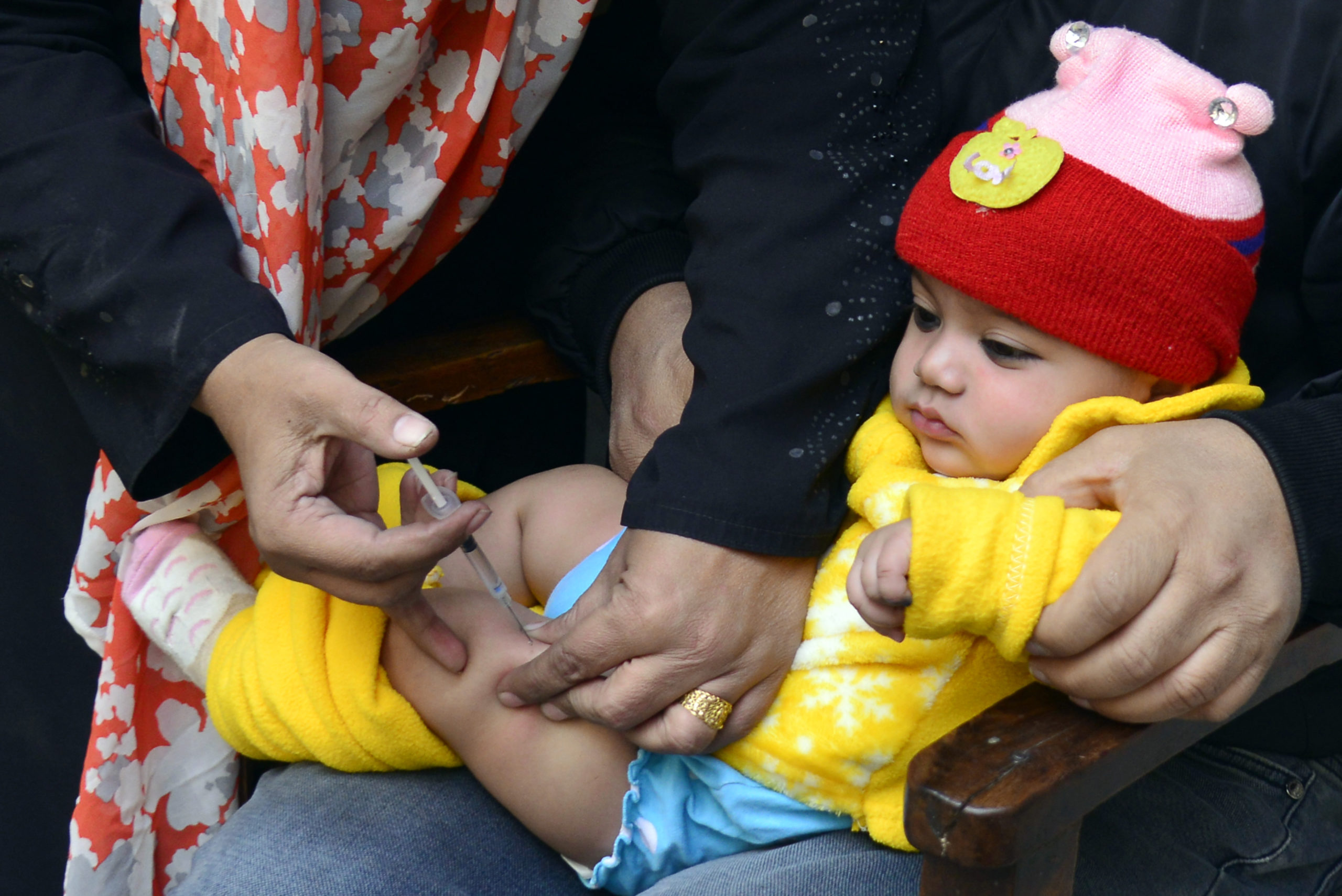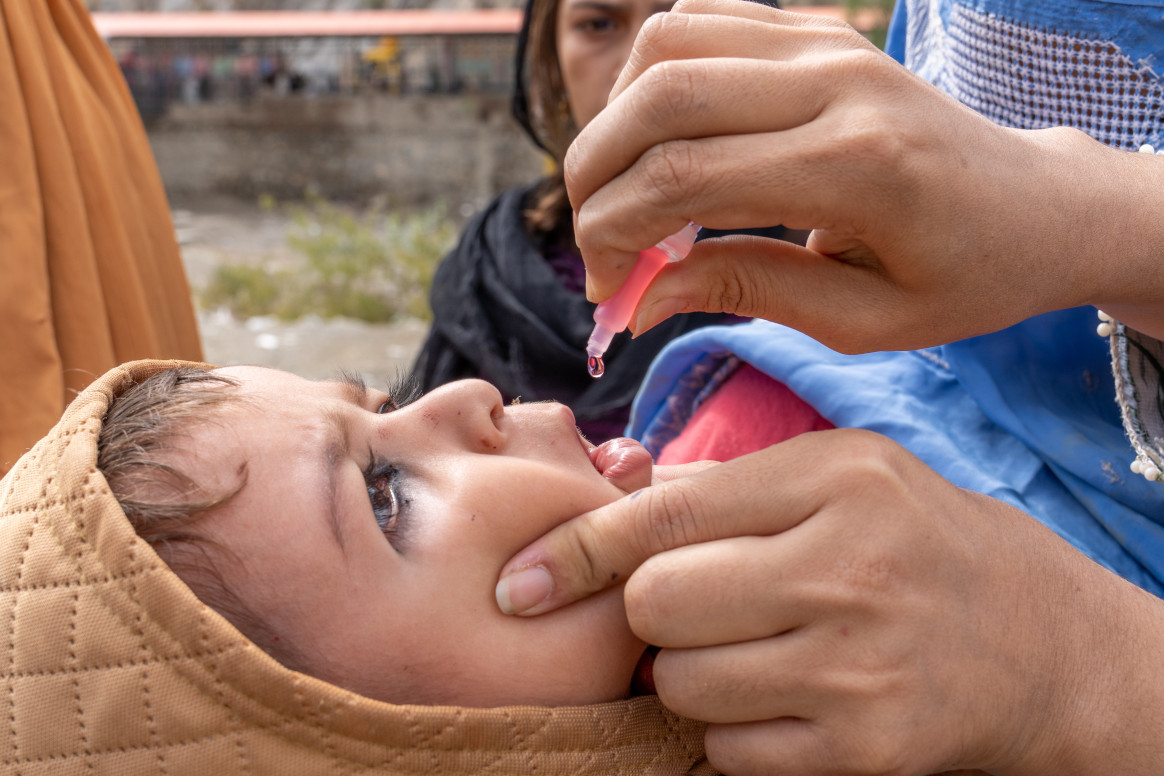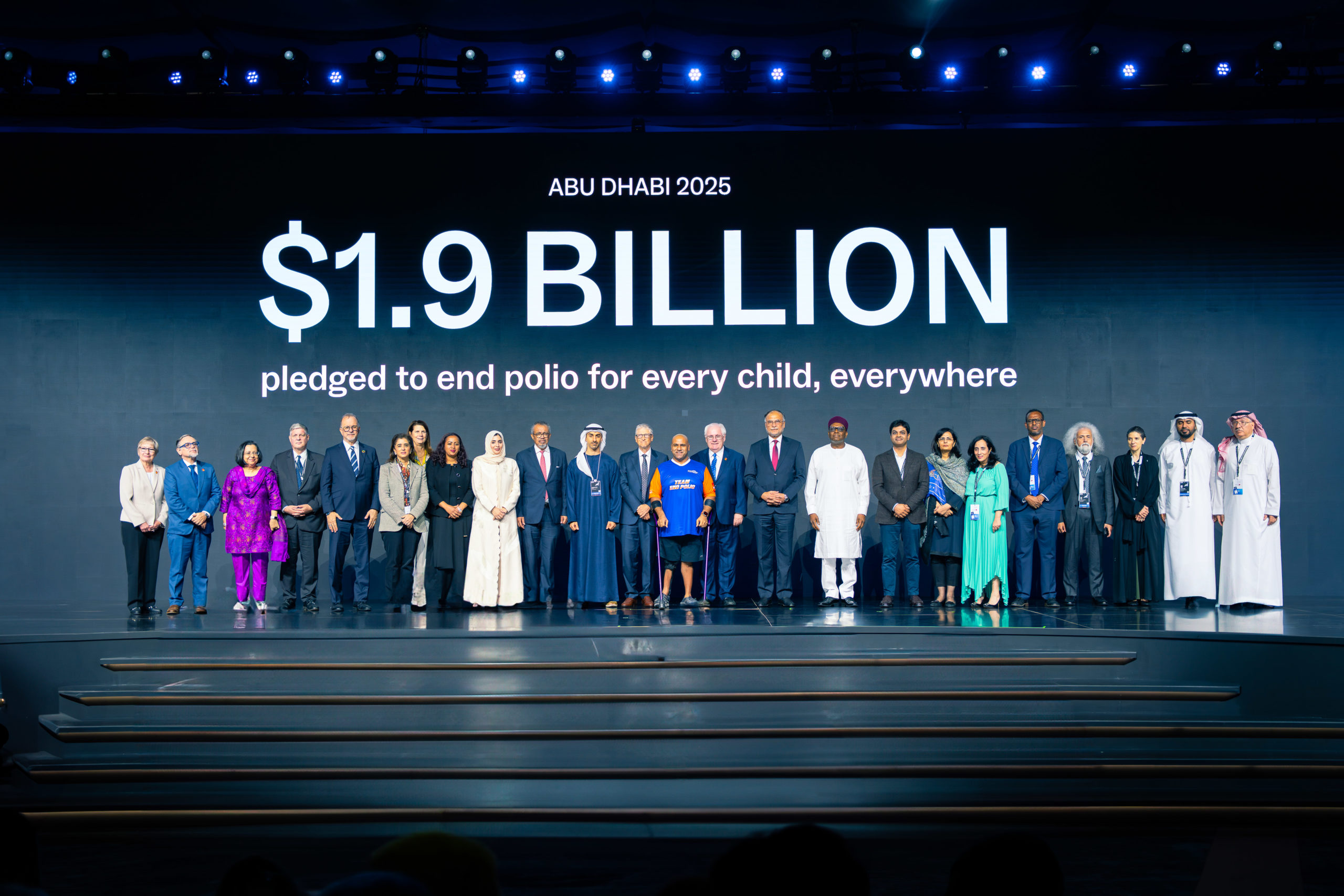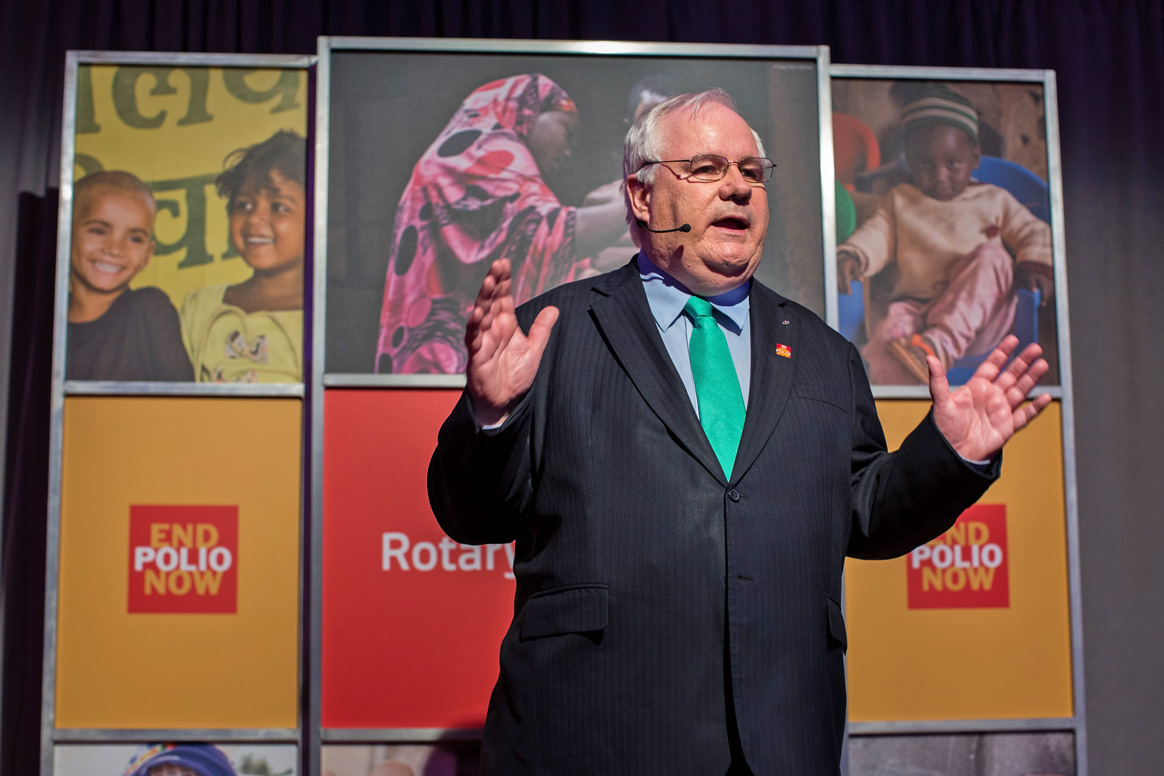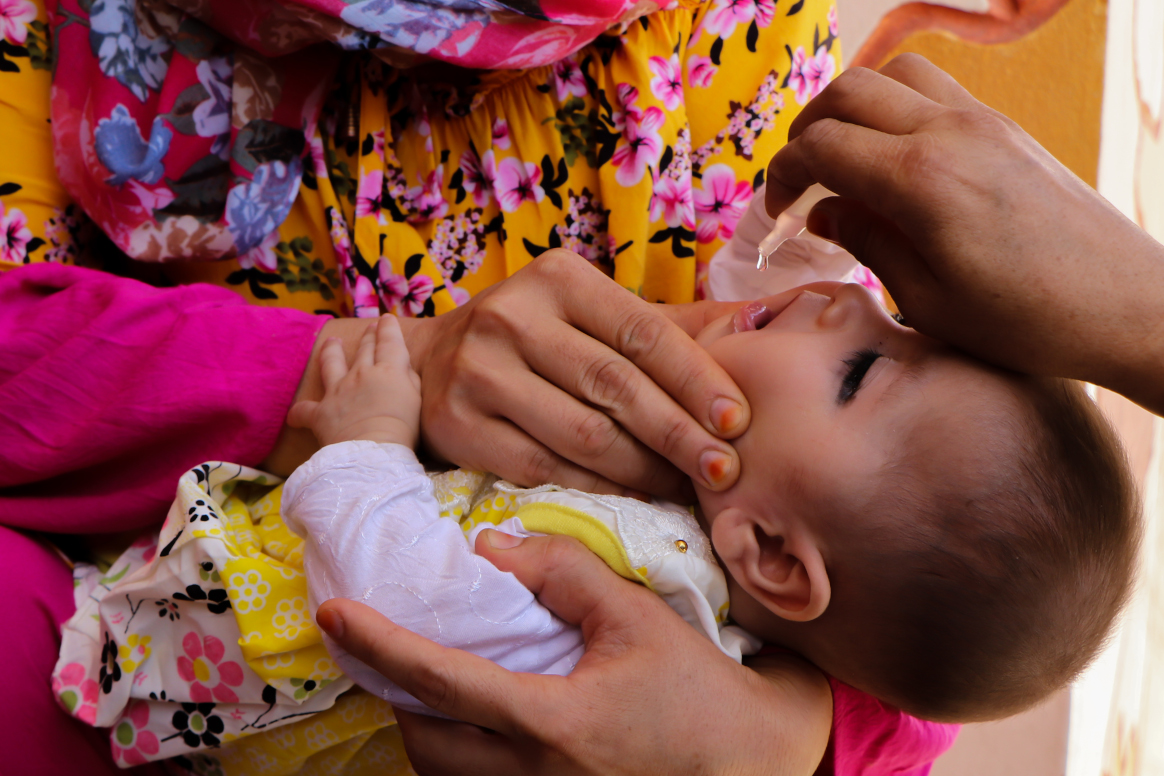
Acknowledging that our common goal is to attain ‘Health for All by All’, which is a call for solidarity and action among all stakeholders;
Noting the progress achieved globally in eradicating wild poliovirus transmission since 1988, with endemic wild poliovirus transmission restricted to just two countries – Afghanistan and Pakistan;
Recalling that 2023 is the target year for interrupting all remaining poliovirus transmission globally, as per the Global Polio Eradication Initiative Strategy 2022–2026: Delivering on a Promise;
Appreciating the recent, intensified efforts made by both Afghanistan and Pakistan, resulting in a unique epidemiological window of opportunity to achieve success in 2023, as characterized by:
the geographic restriction of wild poliovirus transmission in 2022 to eastern Afghanistan and a few districts of north-western Pakistan;
the absence of any wild poliovirus case since September 2022;
the significant decline in genetic biodiversity of wild poliovirus to just a single lineage in each country; and
the successful interruption of circulating vaccine-derived polioviruses;
Emphasizing that the opportunity to interrupt wild poliovirus transmission must be seized now, given the unprecedented epidemiological progress and the inherent risks of delays in stopping polio, which would likely result in resurgence of polio;
Underscoring the ongoing risk of transmission of wild poliovirus, with detection of wild poliovirus from environmental samples in both countries since January 2023, confirming cross-border transmission ;
Highlighting that the key to success lies in reaching remaining zero-dose children (children who are un- or under-immunized) with oral polio vaccine in the most consequential geographies,1 operating within a broader humanitarian emergency response, including increasing access to all populations in some areas;
Underscoring the importance and heroic work of health workers at the forefront in insecure settings, especially women, whose support and participation is critical to the eradication effort;
Recognizing the sustained commitment by leaders at all levels, notably by political leaders and law enforcement agencies, community and religious leaders, civil society, Global Polio Eradication Initiative partners, especially Rotary International, parents, caregivers and all health workers;
Recalling that the international spread of poliovirus constitutes a Public Health Emergency of International Concern under the International Health Regulations (2005);
Appreciating the support provided by the GPEI in responding to the devastating floods affecting Pakistan and the tragic earthquake affecting Afghanistan in 2022;
Appreciating the commitment of the United Arab Emirates through the initiative of His Highness Sheikh Mohamed bin Zayed Al Nahyan, President of UAE, to promote and support polio eradication in Pakistan through the UAE Pakistan Assistance Programme;
Recognizing the longstanding support of donors like Rotary International and acknowledging the historical financial support of other Member States to the eradication effort, including the Kingdom of Saudi Arabia, Kuwait, Oman and Qatar;
Appreciating and supporting the decision of the WHO Regional Director for the Eastern Mediterranean to formally grade all polio emergencies and to apply relevant emergency standard operating procedures to WHO operations to address polio emergencies;
We, Member States of the Regional Subcommittee for Polio Eradication and Outbreaks for the Eastern Mediterranean,
DECLARE THAT:
1. We will focus all efforts on reaching remaining missed children with oral polio vaccine, within a broader humanitarian response context in the remaining most consequential geography of eastern Afghanistan and in north-western Pakistan;
COMMIT TO:
2. Mobilizing all necessary engagement and support by all political, community and civil society leaders and sectors across the Region, to fully achieve interruption of wild poliovirus transmission in the Region;
3. Facilitating the necessary support to fully implement all aspects of the Global Polio Eradication Initiative Strategy 2022–2026, including by ensuring rapid detection of and response to any poliovirus from any source, and implementing high-quality outbreak response;
4. Fostering coordination with other public health efforts, to ensure closer integration in particular with routine immunization efforts;
REQUEST THAT:
5. The international development and humanitarian communities and donors strengthen their support for full implementation of the National Emergency Action Plans to Eradicate Polio in Afghanistan and Pakistan; and
6. The Regional Director continue his strong leadership and efforts to achieve a Region free of all polioviruses for good, including by advocating for all necessary financial and technical support, reviewing progress, planning corrective actions as necessary and regularly informing Member States of the aforementioned and of any further action required through the World Health Organization Executive Board, World Health Assembly and Regional Committee for the Eastern Mediterranean.
